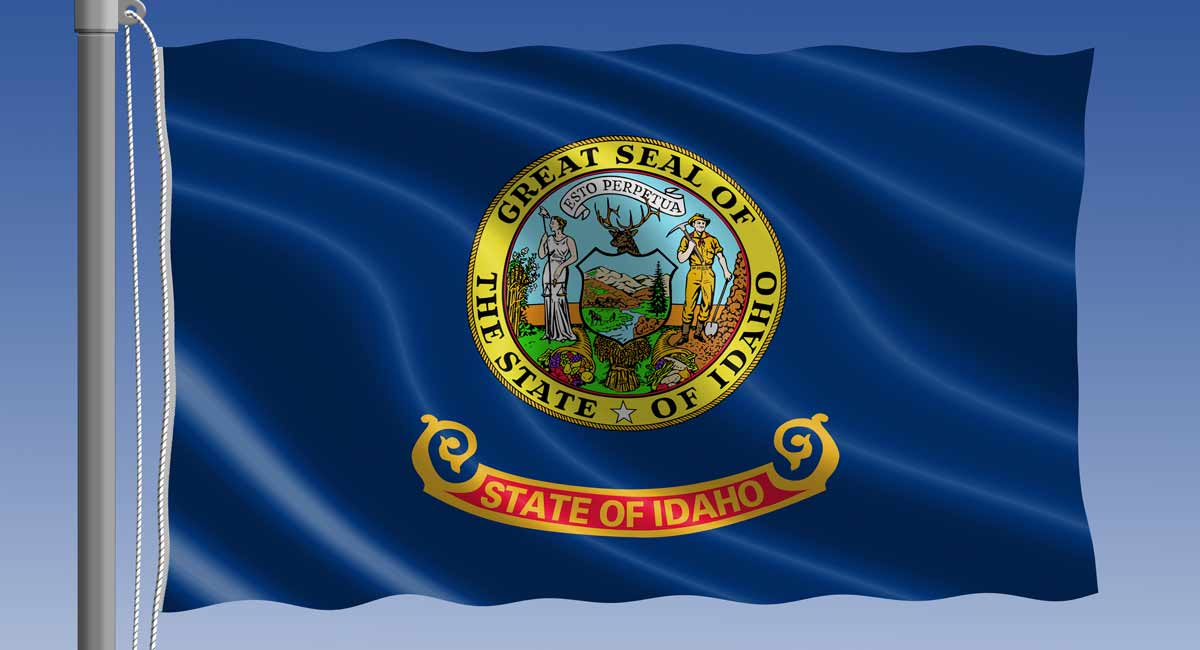Planned Parenthood Great Northwest, Hawaii, Alaska, Indiana, Kentucky, and abortionist Caitlin Gustafson have sued Idaho to block the state’s ban on abortion after six weeks gestation, which is usually the time that a fetal heartbeat can be detected. This marks the third recent lawsuit that the regional affiliate of the abortion giant has filed against one of the state’s pro-life laws.
The so-called heartbeat law, which was modeled after the Texas Heartbeat Act and allowed for citizens to sue abortionists for committing abortions, was signed into law in March. Since that time, Planned Parenthood has been filing repeated lawsuits to keep it from taking effect. The Idaho Supreme Court blocked the law while it considers the suits.
The heartbeat law may take effect on August 19 because of how it was written. Under the legislation, the law is triggered 30 days after an appellate court upholds a similar law in another state. Planned Parenthood is likely panicked because the 11th Court of Appeals recently upheld a 2019 heartbeat law in Georgia.
“Not satisfied with criminalizing abortion once, the Legislature did it twice (in 2020 and 2021) — and then, for good measure, added a private right of action as well in 2022, hoping to make that unconstitutional ban effective through a bounty hunter system of private enforcement,” Planned Parenthood wrote in their court filings.
READ: These cities plan to fund abortion in pro-life states
Idaho is also one of several states that had a trigger law in place when Roe v. Wade was overturned. The law was written to take effect 30 days after the fall of Roe, which is set to happen on August 25, as the formal judgment on overturning Roe v. Wade was issued Tuesday. Planned Parenthood filed a lawsuit in June to overturn that law.
Planned Parenthood’s third lawsuit was filed in March, in an attempt to block a law allowing relatives of a preborn child to sue abortionists for committing an abortion, though it blocks rapists from being allowed to sue.
Under the six-week ban, there are exceptions for medical emergencies, though Gustafson said it is too complicated for her. “It would be very difficult, if not impossible, for me to implement the medical exception and provide care to a pregnant person whose life may be at risk,” she told the Associated Press. “For example, women can sometimes die or suffer long-term harm if they do not receive an abortion following placental abruption, an infection, or the onset of preeclampsia, but none of these is certain to cause death or those consequences if the woman does not receive an abortion.”
Yet it is not medically necessary to deliberately kill a preborn child due to a serious health condition in pregnancy — even though there are some rare instances in which the child may inadvertently die as a result of a medical procedure. And, as Gustafson herself noted, if the woman does not receive an abortion, there is no certainty that the mother will suffer death or serious consequences. Gustafson’s own argument points out that deliberately taking a preborn child’s life is not necessary to save the life of her mother.
“Like” Live Action News on Facebook for more pro-life news and commentary!







